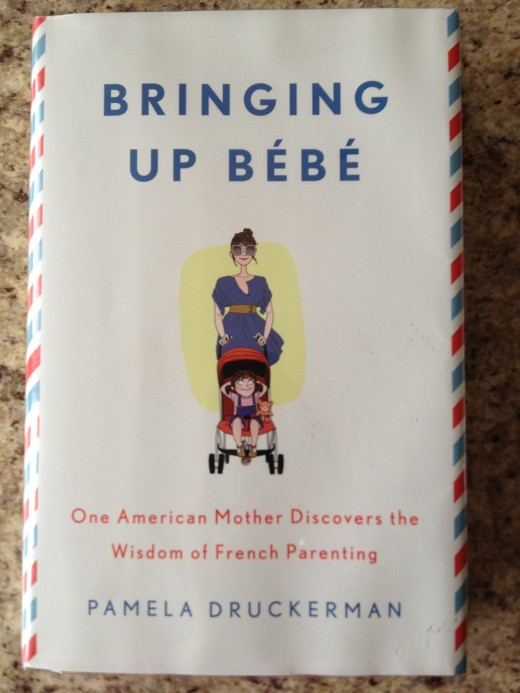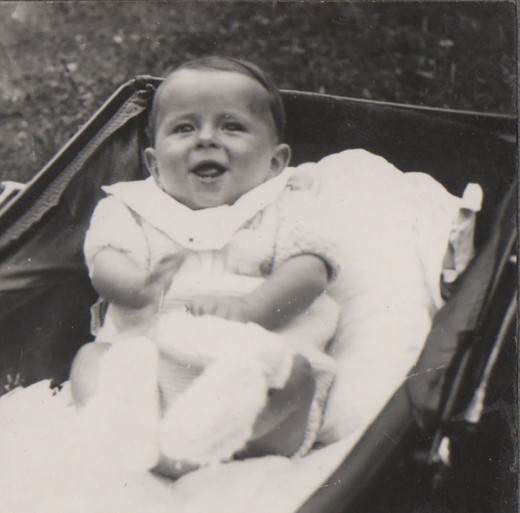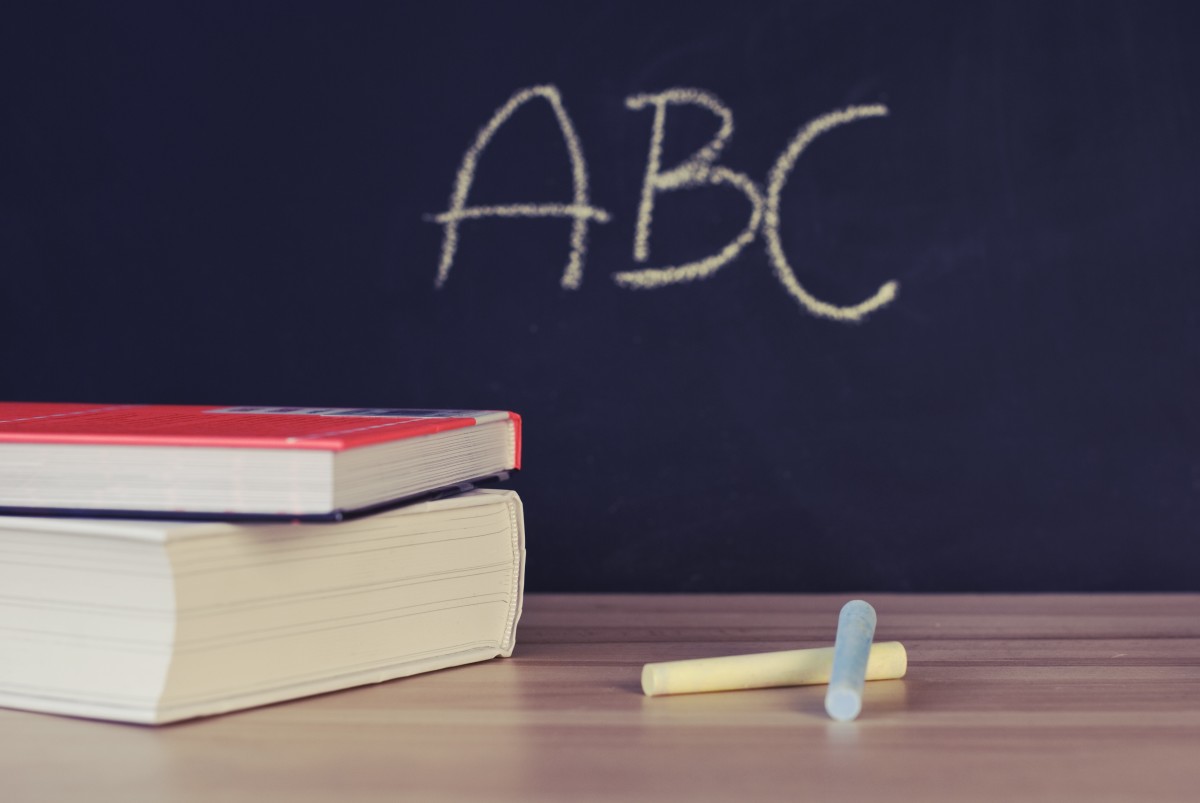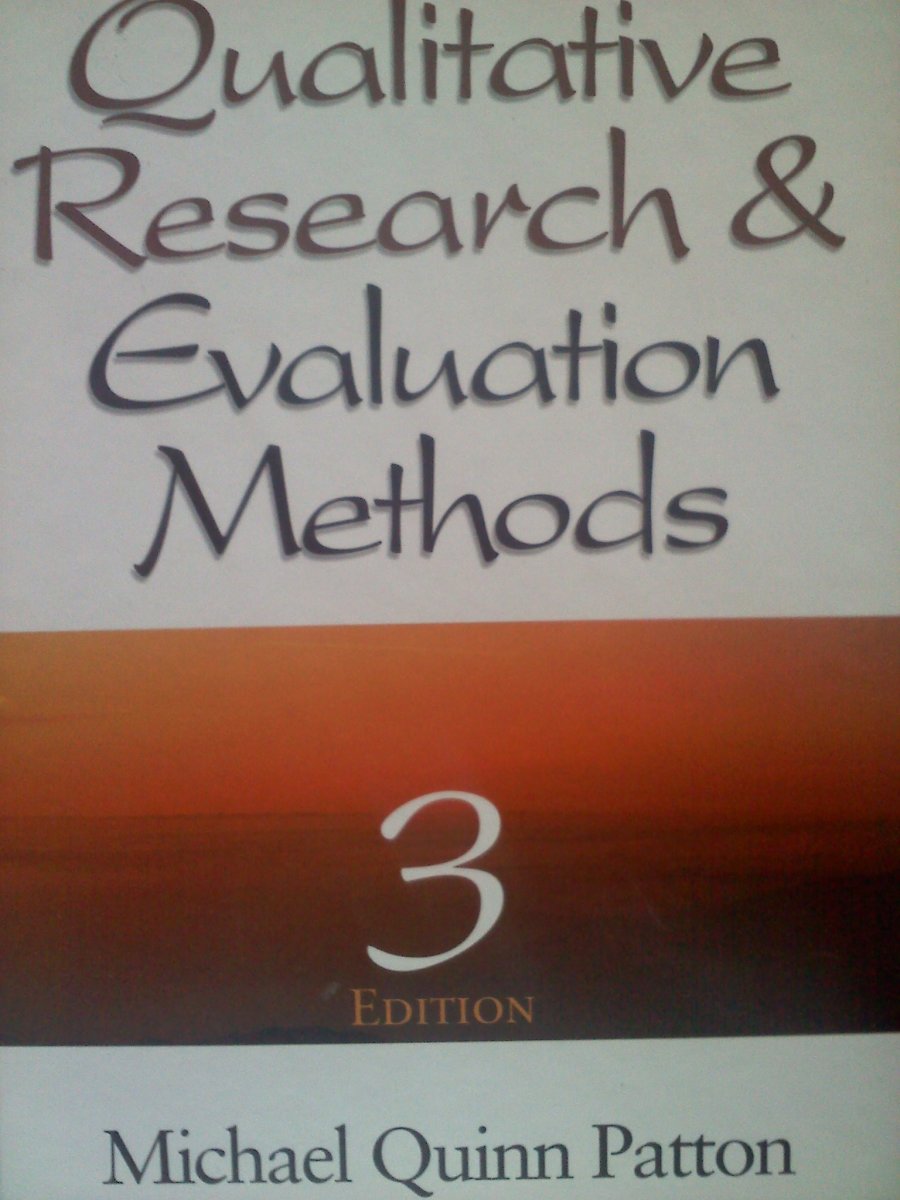Book Review: Bringing up Bebe
Are French Mothers Superior?
Parenting The French Way
Book Review: Bringing up Bebe (A Book About French Parenting)
I just finished the book 'Bringing up Bebe'. I have a three year old and a five year old and I was curious to see how parents from other countries raise their children.
In this case, an American woman (the author) meets a European man. They get married and move to Paris, France.
While living there, they have three children. A single child and twins. They put them through the French school system and notice that French children act different than American children. The author researches why there is such a difference.
France
How Are French Kids Different Than American Kids?
In France, the author says that the children sit quietly at the table (even in restaurants) and they eat their food without a fuss.
They also play happily and don't throw tantrums. She wonders how this is possible.
She finds that French parents build a firm framework of rules, but the children have a lot of freedom within this framework.
They are strict about certain things, but casual about things that don't matter as much.

What Do French Parents Do Different Than American Parents?
At the table, French children are taught to take a bite of each thing on their plates. If they don't like it, they do not have to eat it after the first bite.
Since the children are trying a variety of foods all the time, they gradually learn to like them. The parents do not serve different meals each day to cater to their children. They believe that the children should eat the same things as their parents, but in smaller portions.
French parents only offer three meals and one afternoon snack. There are no other snacks and they do not nibble on things all day. They are hungry when it is time to eat.
The French serve meals in courses. They start with a vegetable like sliced tomatoes with vinaigrette or salad. Then they have the main course and then they have some fruit or dessert.
They do not eat many processed foods. Most of their food is home-made. Their heaviest meal is lunch with contains a protein and there is usually little or no meat for the rest of the day.
Here are a few French lessons to learn from. French parents build a framework off of a few rules. Children must acknowledge others by saying hello, goodbye and thank you (in French, of course).
They must recognize that the parents are in charge and not the children. They also must eat in the French way described above.
By acknowledging others, including adults, they cannot stay in their bubble and be catered to. They feel like they are individuals, which empowers them.
In America, parents will drop everything when a child comes to give that child attention. In France, the parents make the children wait to teach patience which after a while also helps with the parents sanity.
Overall, I thought this was a great book. I really enjoy seeing others perspectives on parenting, especially if what they are doing is working. I am going to try out a few of the tips on my kids to see if they work. Wouldn't that be great!
French Baby

A Few French Rules:
-
Instead of just two magic words, teach children four: hello, goodbye, please, and thank you.
-
Practice “the Pause,” a time honored French practice that helps babies sleep through the night and helps toddlers learn to wait
-
Follow the French food rules: Kids eat only at mealtimes or the once-a-day snack. Vegetables come first. Picky eating is not an option – kids have to taste everything.
-
Give children as much freedom as possible—and free yourself by not scheduling lots of activities.
-
Don’t be afraid to say a firm “no,” but say “yes” as often as you can.
Bringing Up Bebe
- Pamela Druckerman | Bringing Up Bebe | Pamela Druckerman
When American journalist Pamela Druckerman had a baby in Paris, she didn’t aspire to become a “French parent.” Then she noticed that French children sleep through the night at two or three months old. They eat braised leeks. Why?
Raising Children
What Method Do You Use To Raise Your Children?
This content is accurate and true to the best of the author’s knowledge and is not meant to substitute for formal and individualized advice from a qualified professional.
© 2012 Melanie Casey









